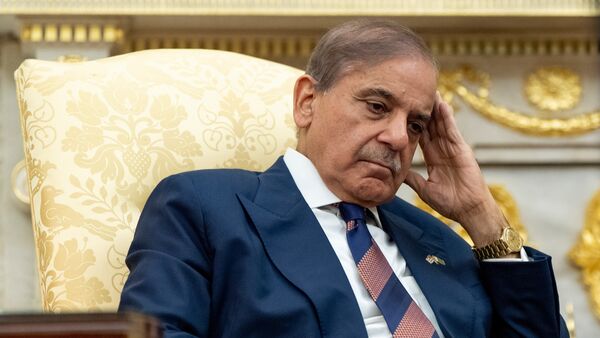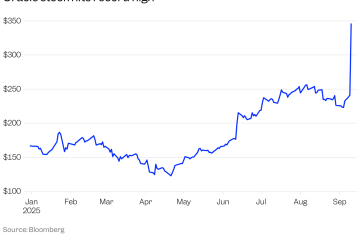Shehbaz Sharif: The Political Journey of Pakistan’s Leader

Introduction
Shehbaz Sharif, the current Prime Minister of Pakistan, plays a pivotal role in shaping the political landscape of the country. Leading the Pakistan Muslim League-Nawaz (PML-N), he has emerged as a significant figure in a time marked by economic challenges and political instability. Understanding his leadership can shed light on the ongoing changes in Pakistan’s governance and policies.
Background and Rise to Power
Born on September 23, 1951, in Lahore, Shehbaz Sharif is part of a prominent political family. He served as the Chief Minister of Punjab multiple times before becoming the Prime Minister in April 2022 following the ousting of Imran Khan. His tenure as Chief Minister is noted for infrastructure development and health initiatives, establishing him as a powerful player in Pakistani politics.
Current Administration and Challenges
Since taking office, Shehbaz Sharif has focused on reviving Pakistan’s struggling economy, grappling with inflation, and addressing power shortages. His government has sought International Monetary Fund (IMF) assistance to stabilize the economy, and negotiations have been ongoing throughout 2023. This focus on economic reforms is critical, given the rising cost of living and public discontent.
Moreover, Shehbaz Sharif faces challenges from opposition parties, primarily led by Imran Khan’s Tehreek-e-Insaf (PTI). The political climate remains tense, leading to protests and calls for elections. In a significant turn of events, the recent electoral commission decisions may lead to new legislative changes, influencing the political dynamics leading up to the next elections.
Conclusion
Shehbaz Sharif’s tenure as Prime Minister is marked by a complex mix of political maneuvering and urgent economic reforms. His ability to navigate these challenges will determine not only his political future but also the stability of Pakistan. As the nation approaches potential elections, the unfolding events around Sharif’s administration will be crucial in shaping Pakistan’s path forward. Observers predict that how he addresses the current socio-economic issues could significantly influence the electorate’s sentiment and party dynamics in the coming months.









